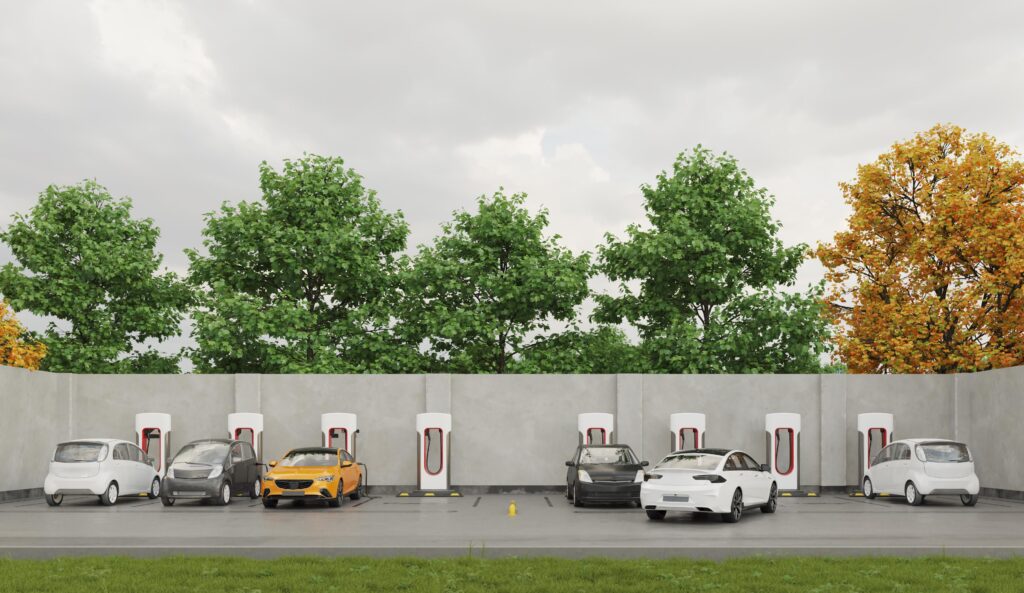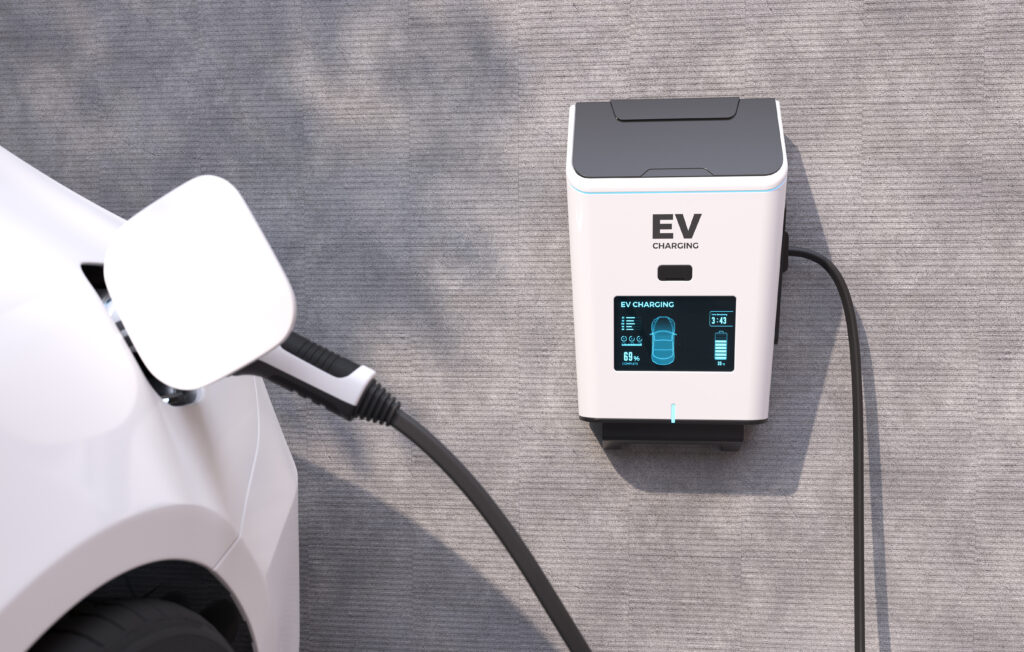Electric cars are in demand and have gained popularity as consumers around the world are becoming more environmentally conscious. A survey by News Daily Economic Times states the EV sales in the country are expected to grow annually at a compound annual growth rate of 35 percent till 2026
The Significance of Recycling Batteries
Recycling lithium-ion batteries help us conserve valuable resources such as cobalt, lithium, nickel, and other metals. It reduces e-waste and prevents the release of toxic chemicals into the environment, which could be harmful. By recycling lithium-ion batteries, we increase the supply of raw materials used to produce new batteries, and this in return reduces the demand for new mines and the associated environmental impact. Furthermore, recycling can lead to cost savings for manufacturers, making it cost-effective. The lithium-ion battery recycling plants are an essential component of a sustainable and circular economy, where waste is transformed into valuable resources. Overall, lithium-ion battery recycling plays a critical role in the transition towards a sustainable future.
Interesting stats about the EV battery recycling industry:
- Global Market Size: The global market for EV battery recycling is expected to reach $7.12 billion by 2027, growing at a compound annual growth rate (CAGR) of 24.9% from 2020 to 2027.
- Recycling Rate: Currently, the recycling rate of EV batteries is relatively low, with only about 5% of batteries being recycled. However, this number is expected to increase as the number of Electric vehicles on the road continues to grow and regulations regarding battery recycling become more stringent.
- Battery Composition: Li-ion batteries, which are widely used in EVs, contain valuable materials such as cobalt, nickel, and lithium, which can be recovered and recycled to produce new batteries.
- End-of-Life Management: The end-of-life management of EV batteries is critical for their safe and effective recycling. This includes proper storage and transportation, as well as the use of safe and environmentally-friendly recycling methods.

Insights about the EV Battery Recycling Industry in India:
- Battery recycling in India is regulated by the Bureau of Indian Standards (BIS) under the Ministry of Environment, Forest, and Climate Change.
- The BIS sets standards for the safe collection, storage, transportation, processing, and disposal of used batteries; the most commonly recycled type of battery in India is lead-acid batteries, which are used in automobiles.
- Other batteries, such as nickel-cadmium and lithium-ion, are also recycled in India but to a lesser extent.
- Battery trash, which includes massive quantities of substances including cobalt, electrolytes, lithium, manganese oxide, and nickel, is what is left behind after a battery’s lifespan has ended.
- India currently needs to prepare more for the massive amount of EV battery trash anticipated in the ensuing decade as most of our electronic garbage ends up in landfills. Additionally, we lack the necessary laws to stop the illicit dumping of used lithium batteries.
- Companies like LICO Materials commissioned a li-ion battery recycling plant in Maharashtra and are trying to reduce the import of lithium-ion batteries and become self-reliant in terms of recycling batteries and putting them to use for the Indian population. The process of recycling can help recover up to half the valuable metals, including aluminium, cobalt, copper, lithium, manganese, and nickel, which can then be used for secondary applications.
Towards a Better Tomorrow
Lithium-ion battery recycling in India is still in its early stages and there is a long way to go before it becomes widespread and fully integrated into the country’s management system. The lack of recycling infrastructure and limited public awareness about the importance of recycling are some of the major challenges that need to be addressed. Lithium-ion batteries, if not properly recycled or treated, can pose serious environmental and health hazards as they contain toxic chemicals that can seep into the soil and groundwater, contaminating the environment and potentially harming human health.
To address these challenges and promote recycling, the Indian government and private companies have taken several initiatives to increase public awareness about the importance of recycling and set up lithium-ion battery recycling facilities. LICO Materials and other leading EV brands are also playing a crucial role in the safe collection and transportation of used batteries to recycling facilities, preventing accidents and minimising the risk of harm to the environment.
In conclusion, lithium-ion battery recycling in India has the potential to play a major role in reducing the country’s dependence on imports for critical raw materials and making the EV industry self-sufficient. However, there is still much work to be done in terms of increasing public awareness, improving infrastructure, and developing effective recycling practices to fully realise the benefits of this important industry.



